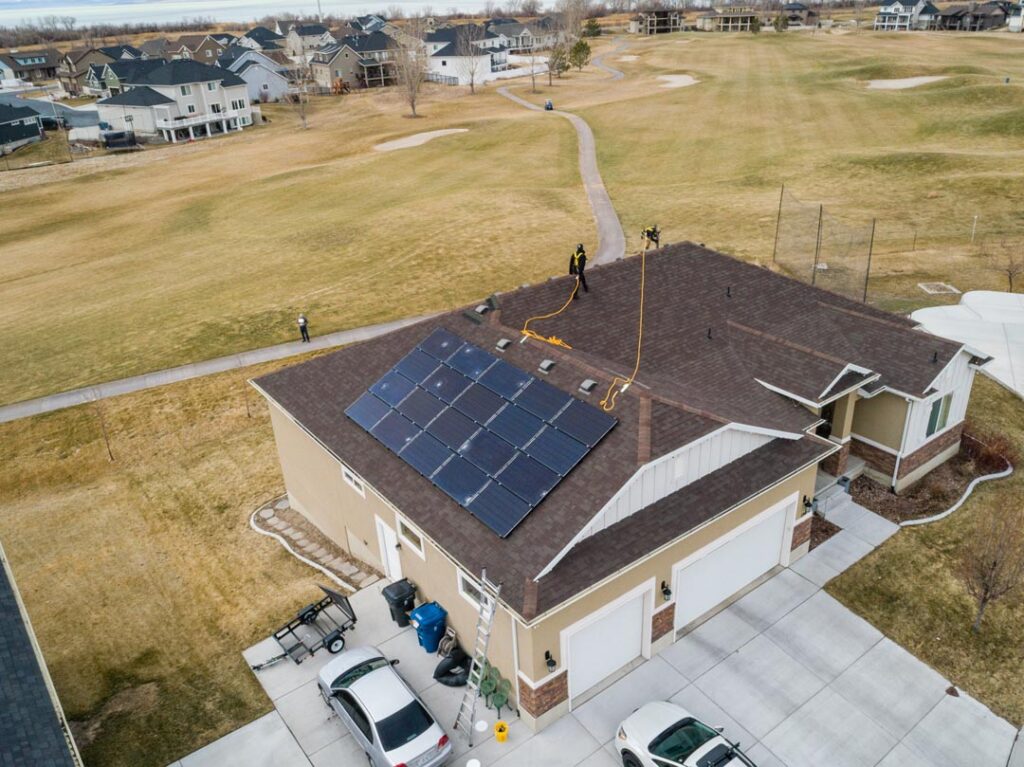
Many homeowners are looking towards purchasing solar panels after the cost of solar panels have dropped significantly over the past few years.
Purchase price is just one aspect of total costs when considering solar panels. You also need to factor in installation costs, state and federal incentives or rebates, and financing options.
Cost for Solar Panels in Utah
Several factors can affect the total cost of solar panels, including size and type of installation, solar panel type, inverter costs, overall power output, permitting fees, and labor costs among others.
According to EnergySage, the average solar panel cost in Utah is $2.82/W. The average panel size is about 5 kilowatts (kW), which means that the average installation and panel cost in Utah ranges from $11,985 to $16,215, with the average gross price for solar in Utah coming in at $14,100.
As mentioned previously, the price of solar panels can be affected by many different factors. Many solar companies, like Mynt Solar, offer free consultations to help you get an accurate quota on installing solar panels in your home.
Utah Solar Incentives/Rebates That Can Help With Costs
There are a number of Utah state and federal solar incentives that can help offset costs associated with going green.
State Incentives
Utah is one of the most solar-friendly states in the United States. The state provides various financial incentives for solar panels. In Utah, solar panel owners may be able to get a 30% tax credit on the cost of their solar installation, up to $5,000.
There is another flat $1,600 incentive from the state of Utah. Most customers average around $7,000 in total incentives. Depending on your tax liability and income, this amount may be paid out over multiple years.
Federal Incentives
The federal solar investment tax credit (ITC) is one of the most generous incentives nationwide. The 26% tax credit applies to the entire cost of your solar system, so you might expect to save money on your tax bill. For instance, a $10,000 system will save you $2,600 in federal taxes.
Financing Options for Solar
Many customers worry about the financing options available for installing solar panels on their homes. The good news is that there are many different types of solar loans and financing options available, including power purchase agreements (PPAs), home equity loans, secured and unsecured loans, and leasing.
PPAs
One of the most popular ways to pay for solar panels is by using a power purchase agreement or PPA.
A PPA works sort of like an electric lease for solar equipment. A third-party solar company owns the equipment, but you pay for it through a set monthly fee.
Because the PPA provider is technically in charge of servicing and maintaining your solar panels, you will not be responsible for repairs or upkeep. This is one of the biggest benefits with third-party solar, because you can still go green without having to worry about how to finance it in the long term.
Home Equity Loans
The nice thing about owning your own home is that it builds equity over time. You can use your home equity as collateral to get a loan, which you can use to install solar panels.
The advantage of home equity loans is that their interest rates are extremely low. If you have good financial management, repayments should not be an issue.
Secured and Unsecured Loans
There are several solar loan alternatives for installing a solar panel system. These loans can be divided into two categories: secured and unsecured debts.
With a secured loan, lenders will want you to put up an asset as collateral. If you don’t pay back the loan, they’ll seize the asset to get their investment back. Secured loans have lower interest rates and longer payment options than unsecured ones.
Unsecured loans may appear to be a good idea, but the interest rates can be extremely high. You’ll notice that the repayment period may be reduced as well. Take note of taking an unsecured loan and failing to pay it back, as the consequences can be severe, including lowering your credit score and financial stability.
Leasing
Leasing is similar to renting solar panels from a vendor. You pay a set monthly fee for utilizing the solar panels under a lease agreement. Leasing seems attractive on paper since the initial cost is low and the monthly payments are reasonable. However, you will lose out on local incentives and federal tax advantages by leasing.
Get the Best Pricing for Going Solar
To learn more about solar panels for your home, get in touch with Mynt Solar. We will provide you with a comprehensive, honest assessment of your home and how it might benefit from solar panels. Our friendly team looks forward to hearing from you!
